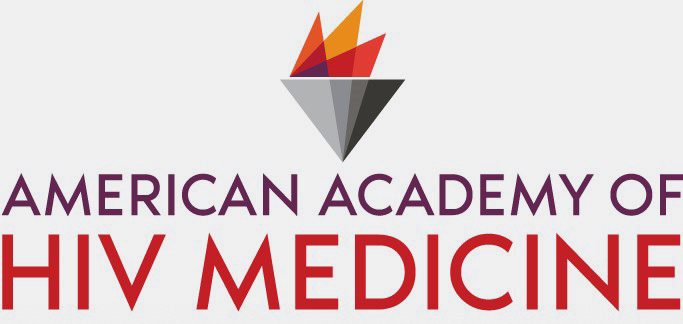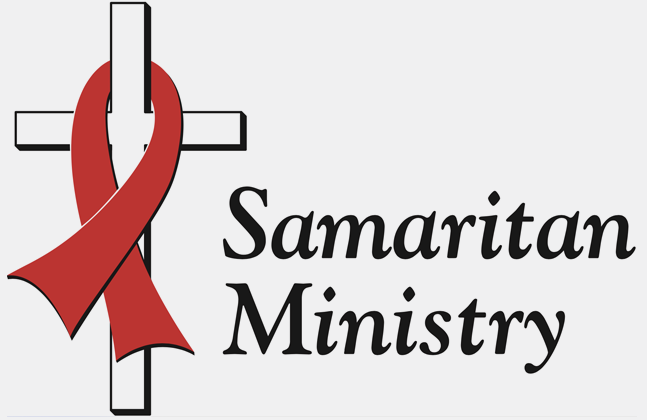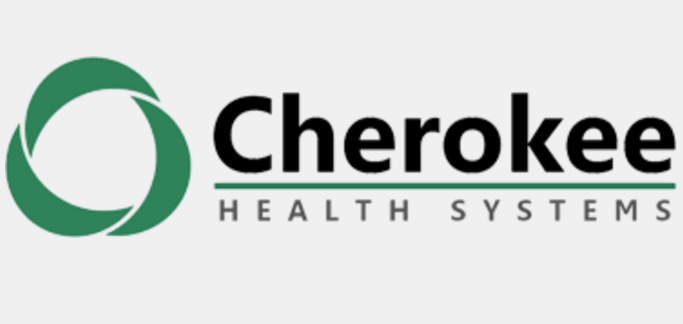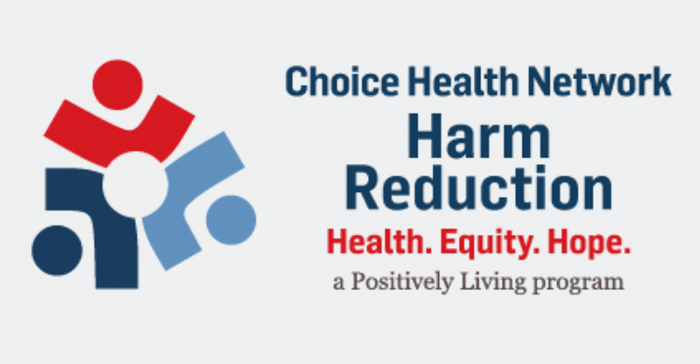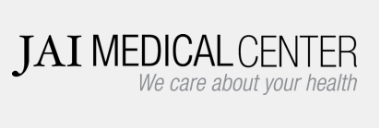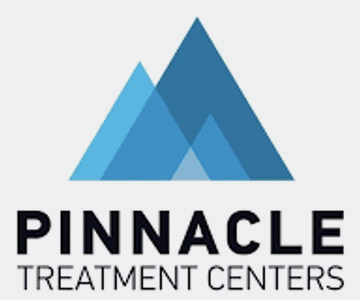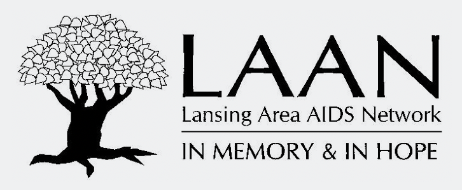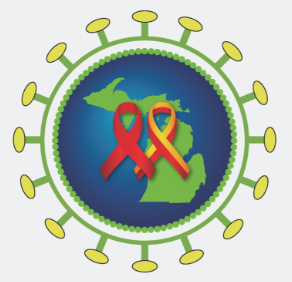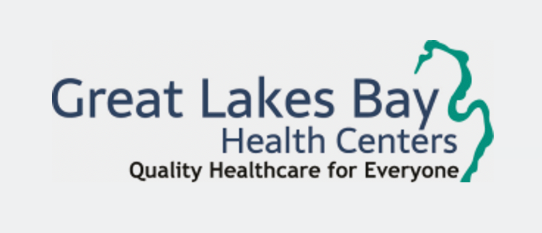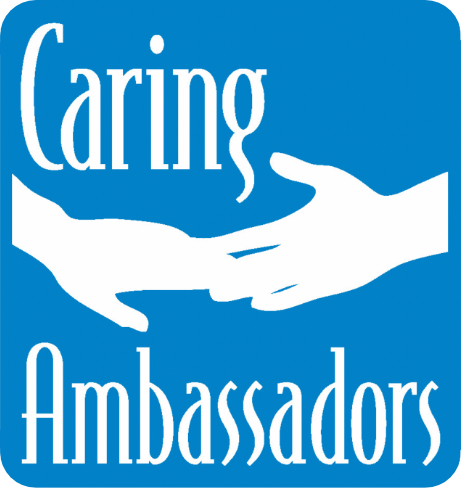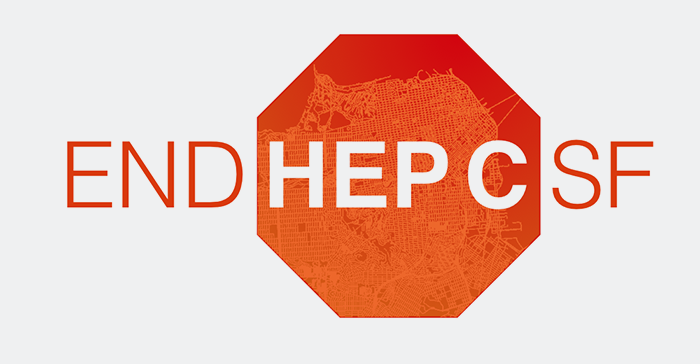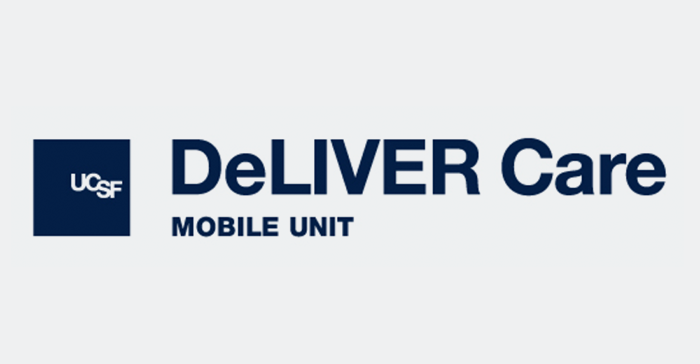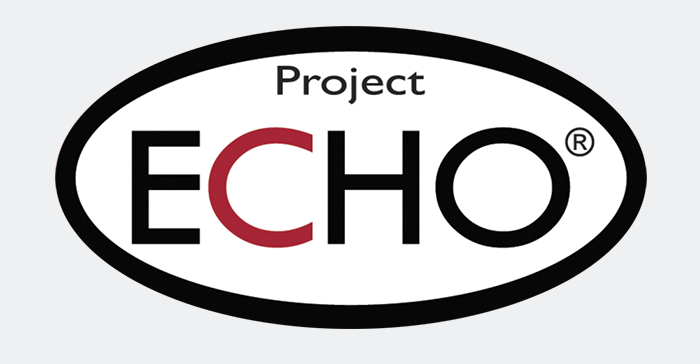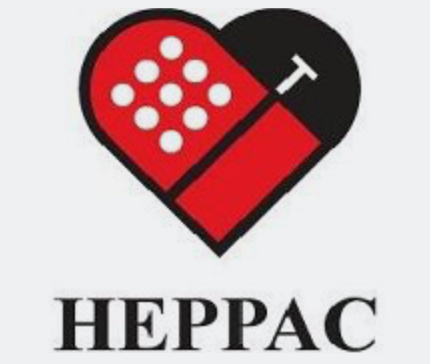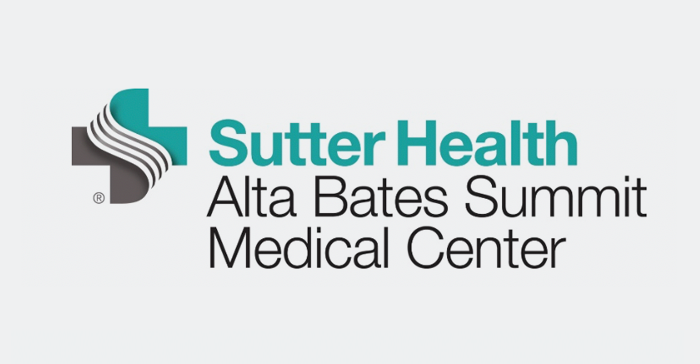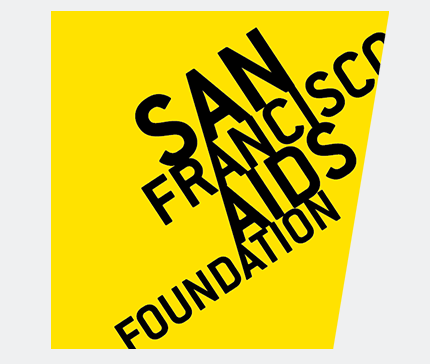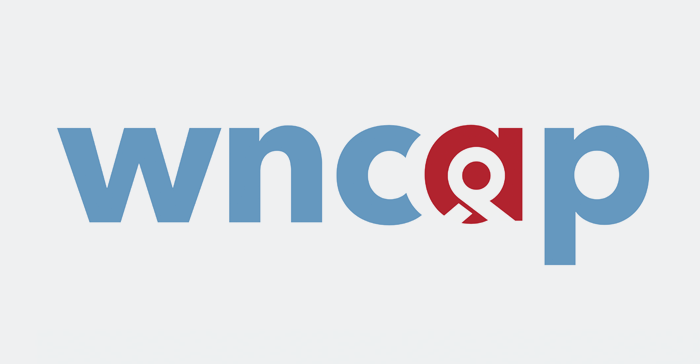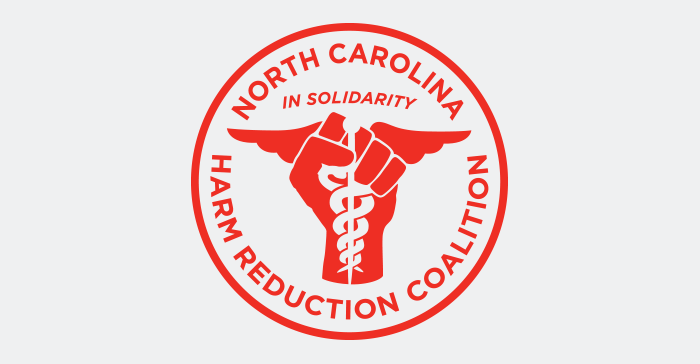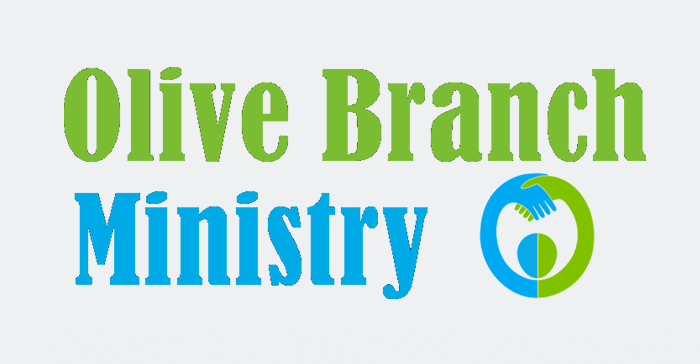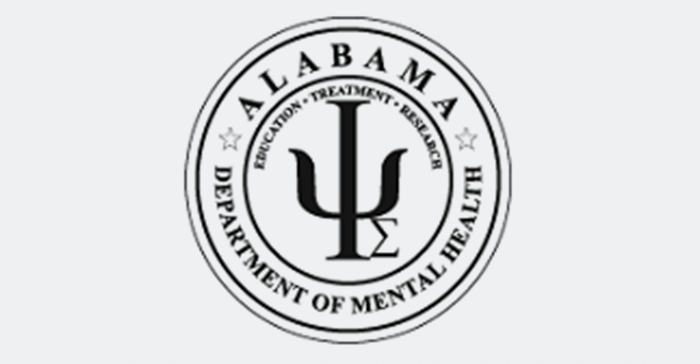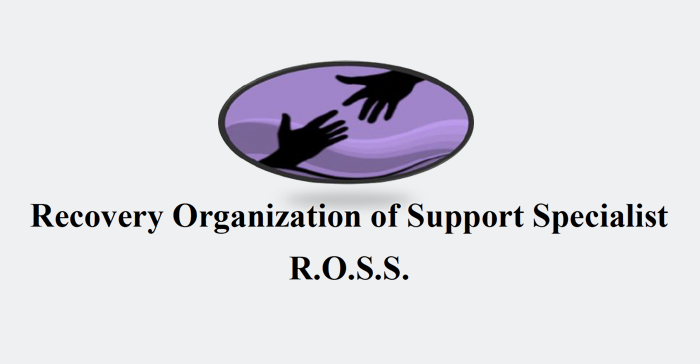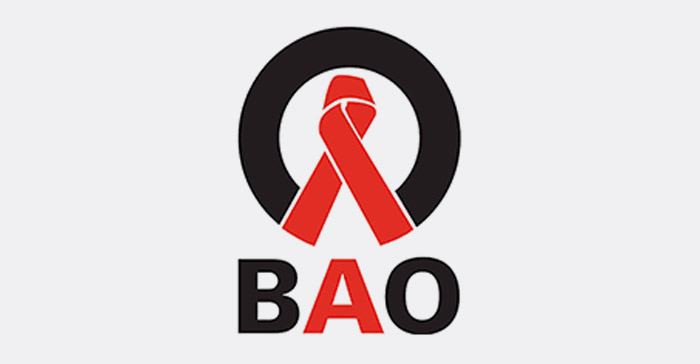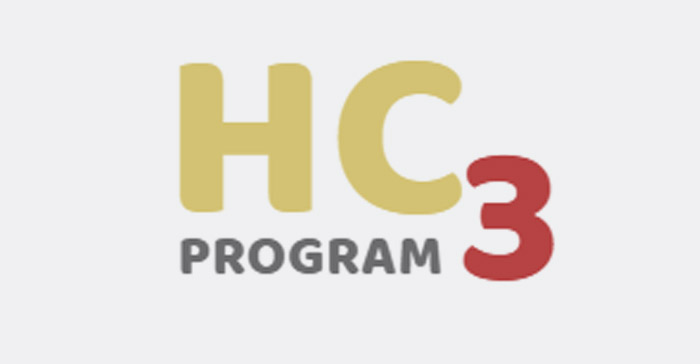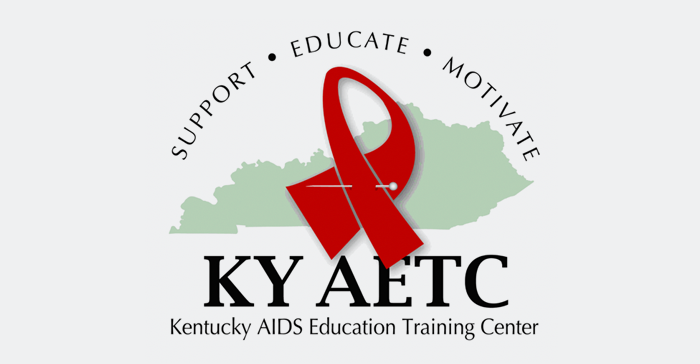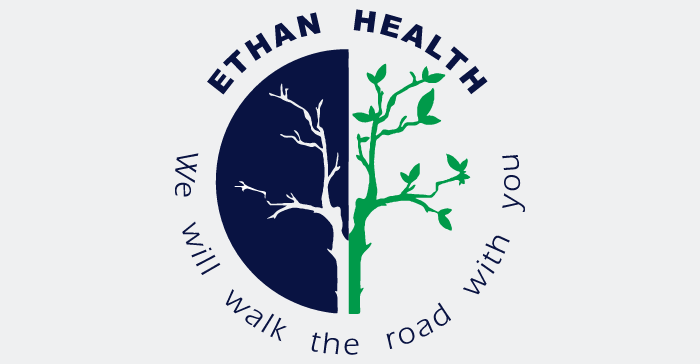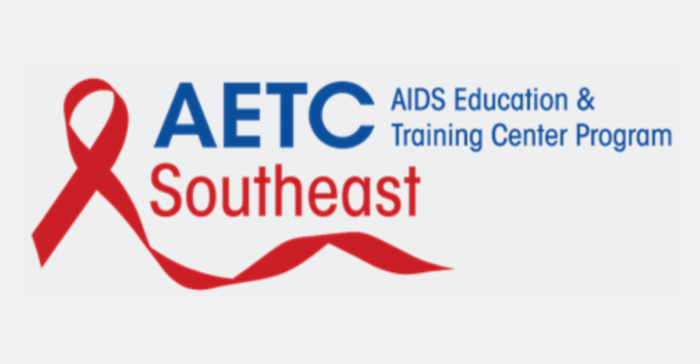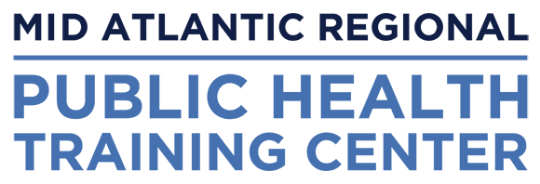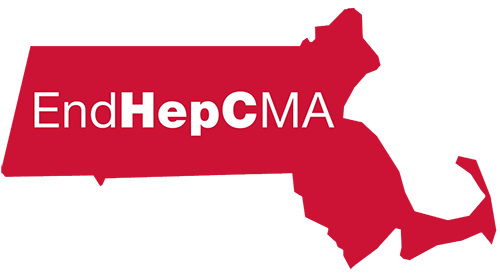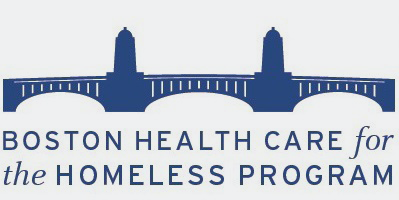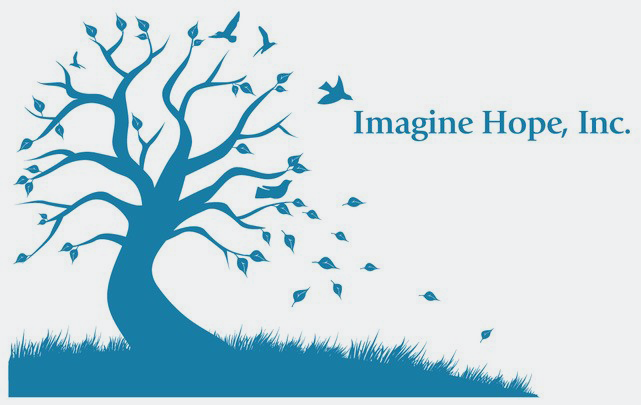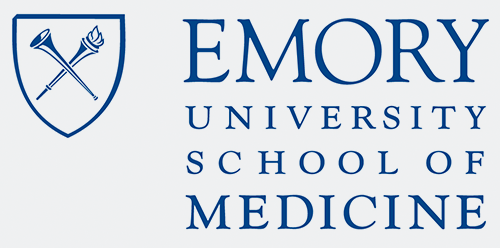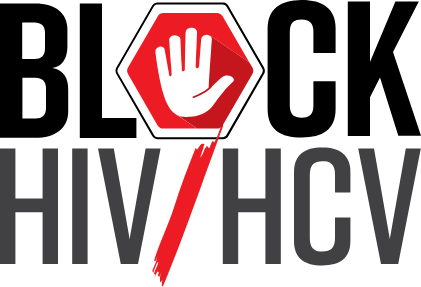
Approximately 25% of all individuals infected with HIV are coinfected with HCV.1 Of critical significance, HIV increases the rate of progression of HCV-related hepatic fibrosis, and HCV is associated with a 3-fold increase in HIV antiretroviral therapy (ART)–induced liver toxicity.2 Further, these synergistic diseases often occur within adverse socioeconomic conditions that significantly increase the vulnerability and decrease the overall health status of at-risk populations.3 Whereas HIV infection is now effectively manageable, chronic HCV infection is curable. Yet, despite new, highly effective direct-acting antiviral (DAA) treatment regimens for HCV, their broad-scale use and associated therapeutic successes remain stymied by barriers at the patient, clinician, health care system, and jurisdictional levels.4 The BLOCK HIV/HCV initiative will provide community-based infectious disease specialists and other HIV treaters with foundational information and practical resources needed to prepare local stakeholders—both clinical and nonclinical—to collaborate in efforts to eliminate HCV within their communities.


David L. Wyles MD (Course Chair)
Chief, Division of Infectious Diseases
Denver Health
Professor of Medicine
University of Colorado School of Medicine
Denver, Colorado
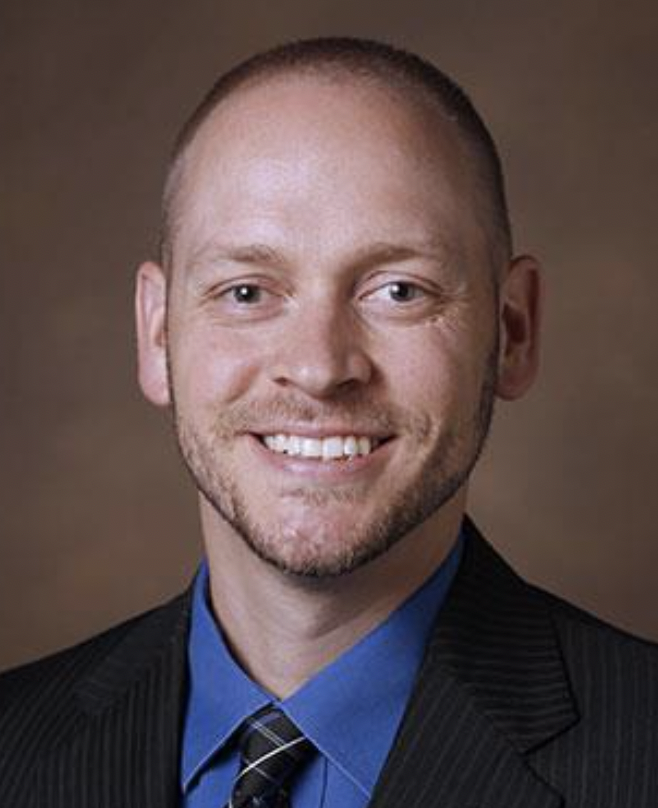
Cody A. Chastain, MD (Knoxville Co-Chair)
Assistant Professor of Medicine
Viral Hepatitis Program
Division of Infectious Diseases
Department of Medicine
Vanderbilt University Medical Center
Nashville, Tennessee
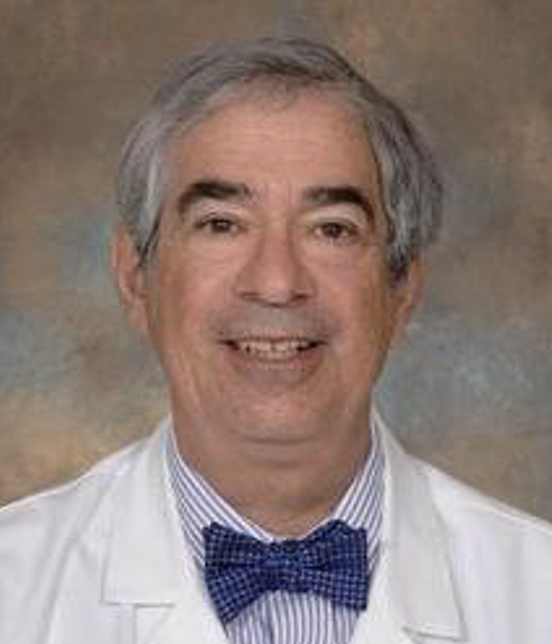
Kenneth E. Sherman, MD, PhD (Cincinnati Co-Chair)
Distinguished Research Professor
Gould Professor of Medicine
Director, Division of Digestive Diseases
University of Cincinnati College of Medicine
Cincinnati, Ohio
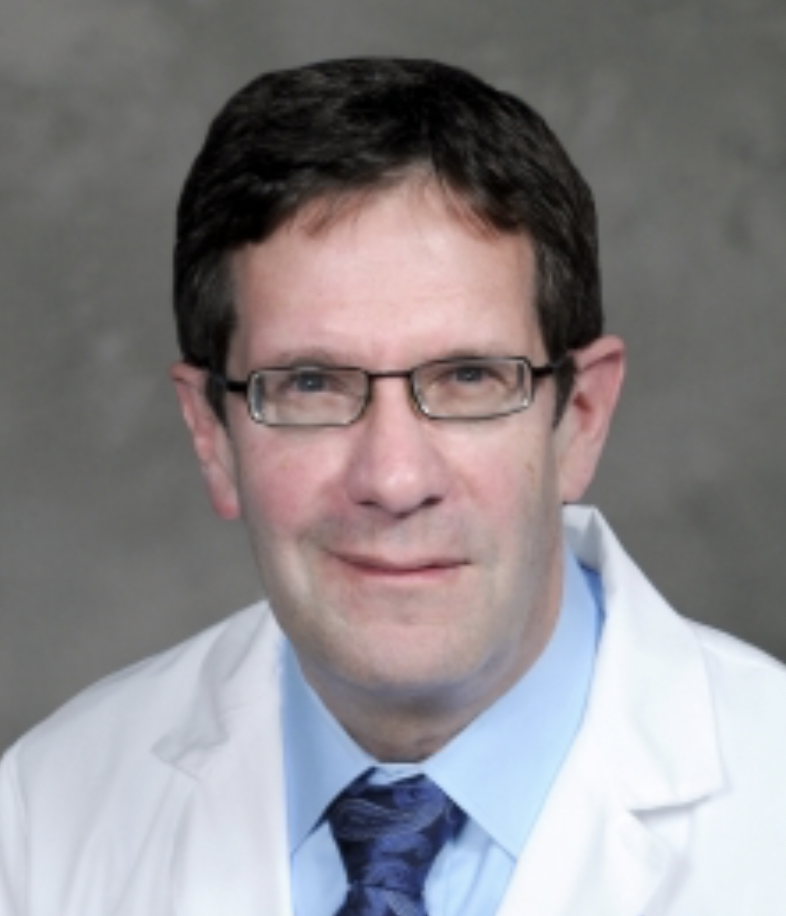
Stuart C. Gordon, MD, FACP, FACG, AGAF, FAASLD
(Lansing Co-Chair)
Professor of Medicine
Wayne State University School of Medicine
Director, Division of Hepatology
Henry Ford Health System
Detroit, Michigan
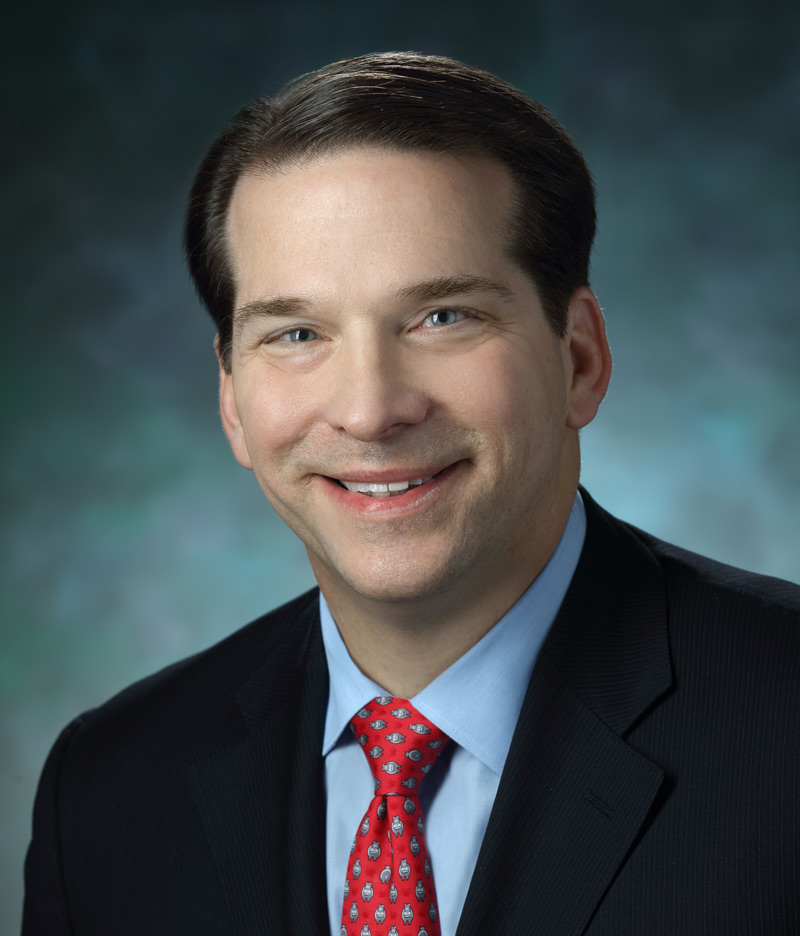
Mark S. Sulkowski, MD (Baltimore Co-Chair)
Medical Director, Viral Hepatitis Center
Professor of Medicine
Johns Hopkins Medicine
Baltimore, Maryland
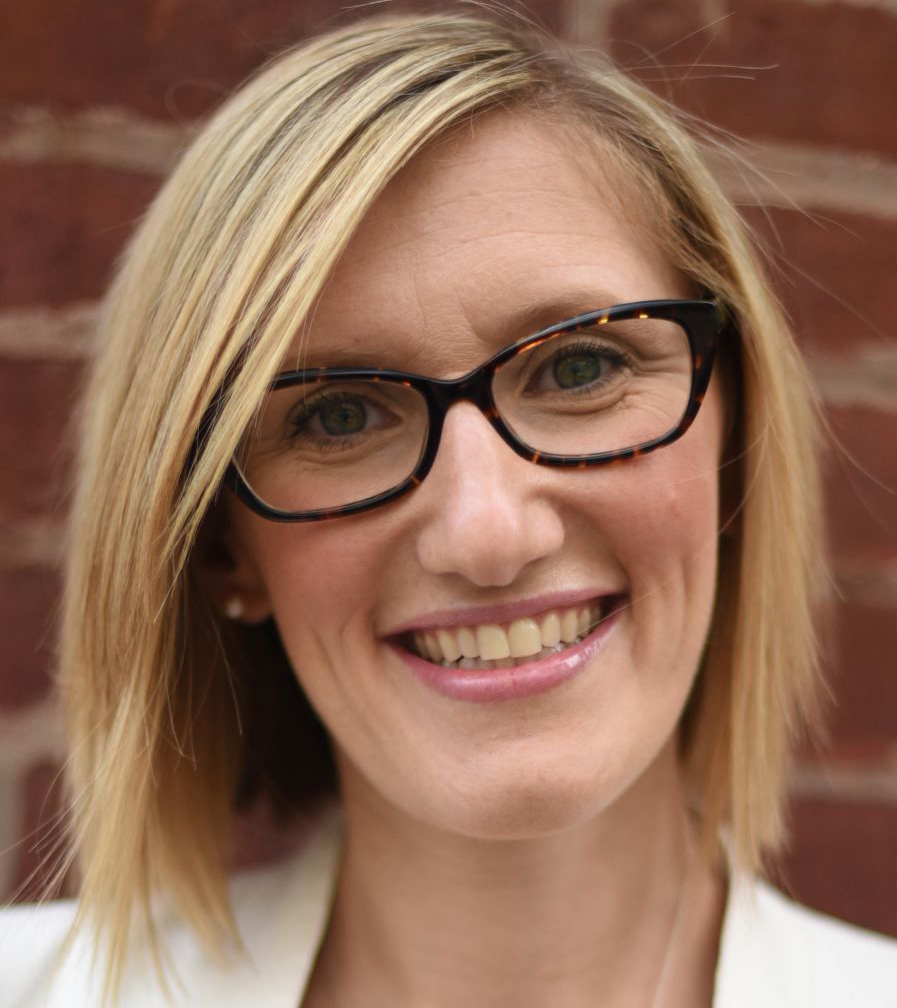
Stacey Trooskin, MD, PhD, MPH
Director, Viral Hepatitis Programs
Jonathan Lax Treatment Center
Philadelphia FIGHT
Philadelphia, Pennsylvania











10 minutes
Welcome and Preactivity Polling
30 minutes
The Challenge of HCV Elimination
30 minutes
HCV Therapy: The State of the Union
20 minutes
Populations in Greatest Need—Men Who Have Sex With Men (MSM)
20 minutes
BREAK
30 minutes
Populations in Greatest Need—People Who Inject Drugs (PWID)
20 minutes
Other Real-World Circumstances
20 minutes
Success Stories
30 minutes
LUNCH
30 minutes
Addressing Region-Specific Barriers and Challenges to HCV Elimination
10 minutes
Introduction to Small-Group Breakouts:
Bringing Together Stakeholders and Creating a Collaborative Plan
30 minutes
Multidisciplinary Small Groups: Putting a Plan Into Action
60 minutes
Panel Discussion: The Call to Action & Beyond
20 minutes
Closing Statements & Postactivity Polling
This activity is intended for a multidisciplinary audience including community-based infectious disease specialists and other HIV treaters, gastroenterology/hepatology clinicians, mental health specialists, substance abuse specialists, correctional health care professionals, public policy/public health officials, hepatitis C virus (HCV) and HIV advocacy groups, payers, and clinical office staff who are engaged in the care of patients with HIV and/or HCV.
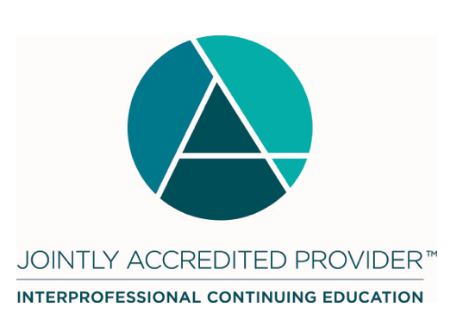
In support of improving patient care, this activity has been planned and implemented by the Postgraduate Institute for Medicine and Integritas Communications. Postgraduate Institute for Medicine is jointly accredited by the Accreditation Council for Continuing Medical Education (ACCME), the Accreditation Council for Pharmacy Education (ACPE), and the
American Nurses Credentialing Center (ANCC), to provide continuing education for the health care team.
The Postgraduate Institute for Medicine designates this live activity for a maximum of 6.5 AMA PRA Category 1 Credits™. Physicians should claim only the credit commensurate with the extent of their participation in the activity.
Postgraduate Institute for Medicine designates this continuing education activity for 6.5 contact hours (0.65 CEUs) of the Accreditation Council for Pharmacy Education. (Universal Activity Number - JA4008162-9999-20-2032-L05-P)
Application
Pharmacists have up to 30 days to complete the evaluation and claim credit for participation so that information can be submitted to CPE Monitor as required. Upon registering and completing the activity evaluation, your transcript information will be sent to the NABP CPE Monitor Service.
The maximum number of hours awarded for this Continuing Nursing Education activity is 6.5 contact hours.
Pharmacotherapy contact hours for Advanced Practice Registered Nurses to be determined.
Social Worker and Case Manager credit will be applied for, but is not guaranteed at this time.

As a Jointly Accredited Organization, Postgraduate Institute for Medicine is approved to offer social work continuing education by the Association of Social Work Boards (ASWB) Approved Continuing Education (ACE) program. Organizations, not individual courses, are approved under this program. State and provincial regulatory boards have the final authority to determine whether an individual course may be accepted for continuing education credit. Postgraduate Institute for Medicine maintains responsibility for this course. Social workers completing this course receive 6.5 clinical continuing education credits.
This program has been submitted to The Commission for Case Manager Certification for approval to provide board certified case managers with 6.5 clock hours.
Postgraduate Institute for Medicine (PIM) requires instructors, planners, managers, and other individuals who are in a position to control the content of this activity to disclose any real or apparent conflicts of interest (COI) they may have as
related to the content of this activity. All identified COI are thoroughly vetted and resolved according to PIM policy.
The existence or absence of COI for everyone in a position to control content will be disclosed to participants prior to the start of each activity.
Event staff will be glad to assist you with any special needs (ie, physical, dietary, etc). Please contact Nora Eldasher prior to the live event at neldasher@integritasgrp.com.
There is no fee for this educational activity.
